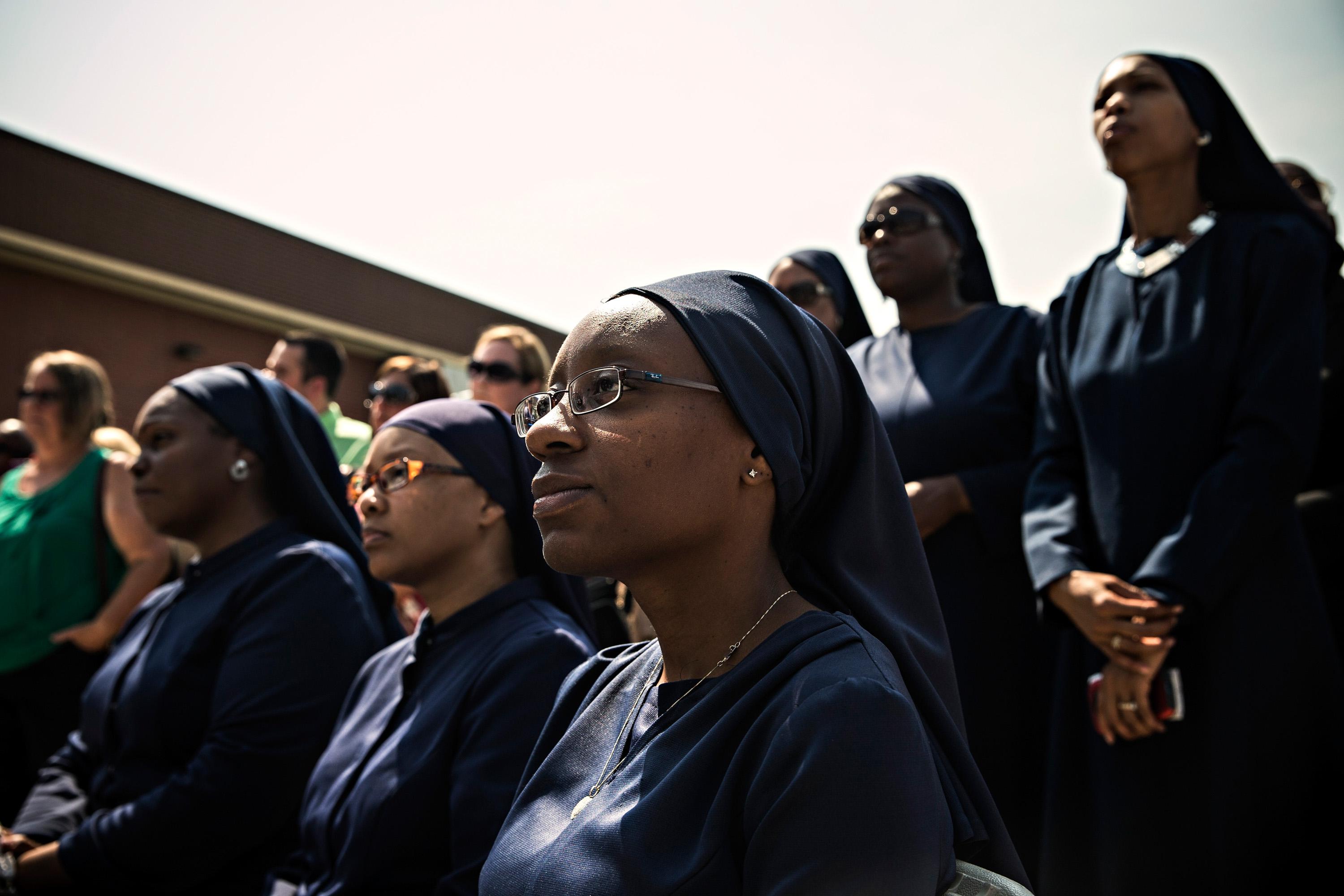Motoko Rich has a very interesting piece in the New York Times about the rapid turnover at charter schools compared with traditional public schools, where the average teacher has about 14 years of experience as opposed to the two to five years you’ll find at charter schools. But I think she frames this information around the wrong question. Rich is asking, basically, whether it’s good for kids to have so much turnover. And I think the answer is obviously: No, it isn’t.
There’s specific research showing that all else being equal, turnover is bad, and even studies that are highly skeptical of the current practice of giving teachers automatic annual seniority-based raises concede that teachers do gain in effectiveness across the first few years of their career. And that’s just common sense. In every workplace I’ve ever seen, the brand-new people struggle a little. That’s just the nature of life. You have to make certain kinds of mistakes in order to learn to avoid them. Even the best training isn’t going to be perfect.
But here’s the thing. We know that on the whole charter schools and traditional public schools get similar educational results. And we know that some of the schools Rich looks at do exceptionally well. So given that these charters are really held back by having such a large share of first- and second-year teachers, how is it that they’re able to produce decent educational results? The evidence isn’t airtight, but the natural inference to make from the turnover data is that the experience-adjusted quality of the charter school teachers is substantially higher than of the traditional public school teachers. Perhaps that’s because the certification process used by public schools to determine who qualifies as a teacher has almost no validity. Perhaps it’s because some fraction of those veteran public school teachers are well below average at teaching and they’re dragging aggregate results down so much that replacing them with a middling first-year teacher would be beneficial.
If kids in charter schools were on average clearly learning less than kids in traditional public schools, then it’d be easy to finger the teacher turnover issue as the culprit. But they’re not doing worse, despite charter schools’ problems with hanging on to teachers for more than a few years. The interesting question is what accounts for that.
